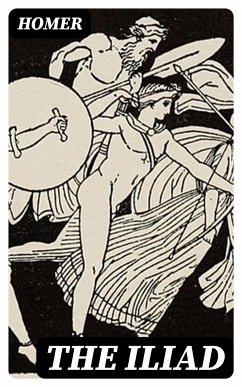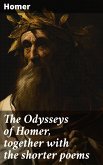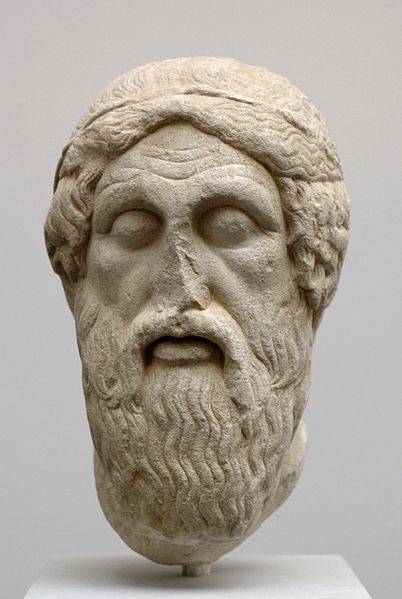Homer's "The Iliad" stands as one of the cornerstones of Western literature, intricately woven with themes of honor, fate, and the human condition amidst the backdrop of the Trojan War. Written in dactylic hexameter, the epic employs a rich tapestry of similes and metaphors, creating a vivid narrative that explores the complexities of heroism and the tragic consequences of pride and wrath, epitomized in the character of Achilles. Its literary context situates the work within the oral tradition, suggesting it was initially performed before audiences, which adds to its rhythmic and lyrical quality, engaging the listener's emotions on multiple levels. Homer, traditionally regarded as a blind poet from ancient Greece, is shrouded in mystery concerning his life and origins. While little is definitively known, it is believed that he lived during the 8th century BCE and drew upon oral traditions to craft tales that resonated with contemporary audiences, thus intertwining mythology and history. His deep understanding of human nature and societal values undoubtedly influenced his portrayal of the Greek heroes and their tumultuous interactions with both mortals and gods. "The Iliad" is not just a tale of war; it is a profound exploration of grief, loyalty, and the ephemeral nature of glory. I highly recommend this timeless epic to readers seeking to engage with foundational texts of literary heritage, as it provides not only a gripping narrative but also profound insights into enduring human themes that remain relevant today.
Dieser Download kann aus rechtlichen Gründen nur mit Rechnungsadresse in A, B, BG, CY, CZ, D, DK, EW, E, FIN, F, GR, H, IRL, I, LT, L, LR, M, NL, PL, P, R, S, SLO, SK ausgeliefert werden.










